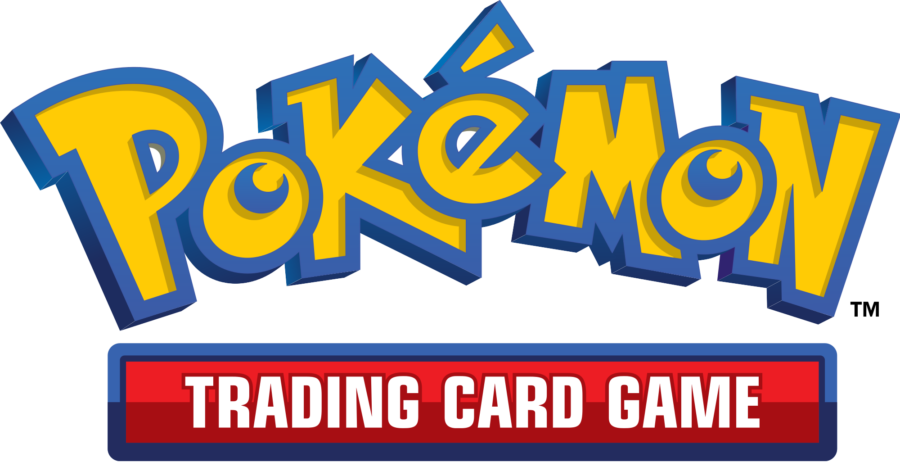Pokemon Cards Are Being Pulled From Shelves
Pokemon cards are being taken out of stores. Here's why.
This article is more than 2 years old

US retailers Target and Walmart pulled Pokemon trading cards from the shelves, suspending them from in-store sales altogether, due to safety concerns caused by the massive upsurge in demand. Admittedly, trading cards have always gained value over time, but the reignited trading card craze has spiked crime rates. But what could be the cause?
The story was initially published by Bleeding Cool and covered by IGN, reporting a sign spotted by a Target customer noting that the store no longer sells Pokemon or sports trading cards due to safety concerns. Though the newly instated store policy hurts card game players, the retailers’ reaction is entirely understandable, considering that on May 7th, a man pulled a gun on a group of people at Target’s parking lot over a dispute involving sports cards. Luckily, no shots were fired, but the store, and other local retailers, went into an immediate lockdown, withdrawing any sports cards from the in-store sale.
The embargo on trading cards may seem outrageous to many but makes perfect sense for the sake of everyone’s safety, including stores’ customers, staff, and team members. Currently, the temporary in-store sales suspension includes Pokemon, MLB, NFL, and NBA trading cards, but possibly other trading cards like Digimon, Yu-Gi-Oh, and Magic: The Gathering, as well. As both stores stated, the ban will last until further notice, without an end-time in the foreseeable future. But is this a step too far or a good measure of public safety?

The renewed interest in the trading cards scene clearly has negative effects on in-store conduct, primarily due to scalping and the massive boom in popularity of trading cards over the past year. It’s no secret that trading cards and other memorabilia gain incredible value over time. Just over a month ago, the 1st edition “Shadowless” Charizard Pokemon card, in perfect condition, was sold on eBay for over $300,000. At the same time, Action Comics #1, featuring the first appearance of Superman, sold for record-setting $3.2 million, earning its owner a $1 million profit.
Buying and selling rare comics and cards has become a lucrative business and a form of long-term investment for many. The trading card game community saw an influx of new members, who joined solely for monetary reasons, which usually includes buying all the trading cards and reselling them at significantly higher prices. Many cards are now purchased in bulk by scalpers, in hopes of turning a profit at some point in time, much like the 1st edition “Shadowless” Charizard did, jumping from a $4 price tag in 1990 to the aforementioned $300,000 years later. We’re talking about a 7794900% value increase over 30 years – isn’t that something.
It’s precisely this math that inspired many into committing criminal acts while trying to obtain Pokemon trading cards for scalping purposes, prompting retailers to enforce an embargo on trading cards. Still, there’s hope for the real collectors out there, as the cards remain available through online sale at retailers’ web stores. It’s unclear whether online sales have any type of hard limit on the number of copies you can purchase, but we can safely assume that retailers implemented such measures.












